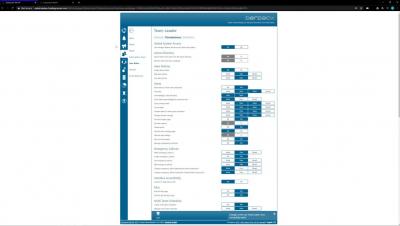HIPAA-Compliant Text Messaging: Best Practices and Policies
HIPAA compliant text messaging enables healthcare providers to securely communicate with patients and other healthcare providers. To ensure HIPAA compliance, you need to use HIPAA standards to create secure electronic data transmissions (in this case, text messages). The goal is to secure transmissions that contain protected health information (PHI).











